
Freedom From the Past: Resolving Posture, Emotional Disposition and Trauma with Acupuncture
Emotional disposition changes our body. Posture can be a reflection of the way we are feeling.
Chinese medicine shows how unresolved emotional-mental material weighs down various parts of the body. All emotions affect the chest: this is where they begin. But the body has a way of translocating emotional weight into other areas of the body as well. These areas can become heavy, tense and numb.
Common areas of emotional holding include the shoulders, jaw, neck, low back, tongue/mouth, head, joints and abdomen (stomach and intestines). Stooped shoulders, tense trapezius muscles, stiff neck, numbness in the arms/hands, low back pain, TMJ (jaw pain) or abdominal bloating can all be rooted in chronic unresolved emotional states.
One of the most profound systems in Chinese medicine are acupuncture channels that help release heaviness and tension related to emotional holding. As emotional material is released from the body, tension and blockage causing stuck posture will also change.
The Luo-Connecting Vessels are pathways that hold mental-emotional material in a suppressed state. They can manifest psychosomatic symptoms that are rooted in unprocessed, unexpressed emotional experience.
The Luo Vessels use blood to trap thoughts, experiences and emotions in a state of blood stasis. The stagnation of blood shows itself through the emergence of spider veins along the surface of the skin. They may also manifest as nodules, cysts or lipomas.
I recently observed a patient, let’s call him Edward, with remarkably stooped shoulders. They were rounded inward causing him to seem to have a hump on his upper back. His emotional disposition was very anxious, and quite negative. He was very sensitive to criticism, seeming to experience it from everyone all of the time. When he would become overwhelmed, he’d experience pain and sometimes numbness in his wrists and hands. He had a history of lashing out when feeling criticized, cutting off relationships quickly as a result.
I diagnosed Edward as having blood stagnation in his Small Intestine Luo Vessel. The trajectory of this channel travels from the outer forearm up the arm into the shoulders.
The Luo Vessels absorb material that the organ system’s main “Primary” channel is unable to process or resolve. Each major organ system has a “primary” channel that circulates and empowers the many physical, mental and emotional functions of the system.
Mentally, the Small Intestine system is involved in processing outer stimuli, sorting through it to judge how we are doing in the world.
Each organ system also has a “Luo” Vessel. The Luo are like storage spaces where the primary channels place material they cannot deal with. The Luo can be filled to capacity causing stored material to leak back out into the primary channels.
When material is stored in the Luo Vessels it becomes suppressed and/or repressed, depending on how deeply the body is storing it. This causes stress on the body, which can manifest strange symptoms and mental-emotional unease. When the stored material leaks back into primary circulation, it will have a sense of powerlessness about it.
My longtime teacher described the Luo Vessels as being channels related to our passions: the things we become obsessed about, as well as the things we develop aversion to. When something is located in the Luo there is “dis-ease” about it: something we cannot resolve or let go of, which in one way or another haunts and/or torments us.
The name of the point from which the Small Intestine’s Luo Vessel begins is SI-7, called “Upright Branch.” The name illustrates the role of the Small Intestine as a feedback system, helping to manage and sort through our experiences in a way that allows us to feel “upright,” “good,” “moral” and “well-integrated.”
The Small Intestine is an organ system that is partner to the Heart, which stores our spirit: the sense of mission and animation we feel about life. The role of the Small Intestine is to help us feel good about ourselves in the world; to feel we have something to contribute, empowering us to know how to communicate and interact in a healthy balanced way.
When the Small Intestine’s Primary channel becomes overwhelmed, a Luo Vessel will be created. Stagnation will occur at the acupuncture point SI-7 and travel up along the arm to lodge in the muscles around the shoulder. The Luo Vessels do not penetrate into the joints, instead they gather unprocessed material in blood vessels around muscles and joints. In the example of the Small Intestine’s Luo Vessel, stagnation gathers around the shoulders.
The Chinese medical classics say when the Small Intestine’s Luo Vessel becomes saturated in a state of “fullness,” the person can manifest symptoms relating to elbow atrophy or joint dislocation. Emotionally, the person will become obsessive, constantly seeking approval from others for validation. The person can also become possessive, controlling and aggressive. They begin relying on others to tell them they are ok, rather than relying on their own internal senses.
When the Small Intestine’s Luo Vessel surpasses saturation, it will begin to empty its contents, leaking back into the Primary Channel. This can create skin outbreaks, “pebbly” stools and irregular bowel movements. Emotionally the person becomes unable to handle criticism, which can create tremendous social anxiety. They lose the ability to let go of things that happen to them, constantly obsessing about events and things people have said to them, trying to discern their meaning. They lose themselves socially, merging their own sense of self with perceived judgements coming from others.
The Small Intestine Luo Vessel, when it is full and empty can lead to a very painful state. Physically, tension builds along the trajectory of the channel as more material is translocated into the Luo Vessel. This creates a sense of physical and mental-emotional heaviness that can become painful, even debilitating.
When the Vessel empties, this can create a sense of confusion, disempowerment and loss of control. Certain aspects of the body stop working optimally: in this case the body’s detoxification processes of defecation and the skin. Lipomas and cysts appearing along the body show the fluid system is beginning to stagnate, creating phlegm pockets which block normal transmission of energy along the acupuncture channels, which leads to irregularities in physical and mental function, as well as numbness.
Phlegmatic states are often seen in Chinese medicine as material that has become unconscious – we are haunted by it yet cannot describe, explain or discern what it’s about. We feel unease, yet cannot attach a storyline to it, which creates even more unease. It can feel as if we are haunted by ghosts: we know something is there to disturb us, but we cannot see what it is.
Edward was suffering a great deal. He was a difficult person to be around. He was emotionally volatile, repeatedly creating stories in his head that others were judging and betraying him. To some people he’d become nasty and belligerent and others he just cut out of his life. It was evident that he was once a very handsome young man. But his face had changed, weighed down by the constant scowl he wore, and the lines worn into his face through worry and anxiety. He looked, from his posture, like he was carrying a tremendous weight on his shoulders, causing him to be stooped like a very old man, even though he was only 40 years old.
I began treating Edward by pricking the Small Intestine Luo Vessel at the acupuncture “Luo” point SI-7. Luo points often emit a small drop of blood when pricked, releasing stagnation within the holding vessel. The blood will usually be very dark indicating blood stasis (old, dead blood) within the channel.
To the ancient Chinese the blood was seen as a mediumship for the spirit: part of a person’s mental and emotional circulation. When the blood becomes stagnant, thick and heavy, this will have an effect on the mind and emotions. Thoughts and experiences that would naturally have been processed and released remain stuck in the body re-circulating, or at worse fixated. This will cause a person to continually re-experience the same thing again and again. Their vision of the world will become colored by the unresolved experiences. Soon, the taxation on the body will create inflammation which will consume the blood, leading to depression, exhaustion, fatigue and numbness. Ancient doctors emphasized the health of blood and circulation to prevent premature aging and degeneration. The use of the Luo Vessels clinically is therefore seen as a type of longevity treatment.
Throughout our treatments together, I continued to prick and release the blood stasis within Edward’s Small Intestine Luo Vessel. At the same time, I chose acupuncture points to strengthen the functional energy of his Heart channel. We also performed treatments that would relax his muscles and calm his spirit.
Using the Luo Vessels requires a lot of dialoging. Talking is something that helps to move the blood and animate the spirit. Edward had to relearn ways to interact with others, showing himself that he was not always under attack. He had to experience himself as ok when in the presence of others. Even though he made mistakes, he had to learn he was still deserving of love. The dialogue reinforced the energetic transformation occurring through his acupuncture treatments. I often advise patients to have a therapist to process the material that comes up from their acupuncture sessions. The two modalities are ideal therapeutic partners.
After many treatments, Edwards physical and mental-emotional posture began to change. He developed a more “upright” stance. His shoulders softened and rolled back into a more comfortable place. He stopped needing to rely so much on alcohol when being social. He was able to interact with others without being defensive. He has seemed much happier and more at ease.
Patients like Edward have shown me again and again that the acupuncture channels are conduits of vital energy. They are like spirit pathways, guiding the way we move, feel and think. Working with the Small Intestine and Heart channels was like going straight into Edward’s psyche: his mental-emotional holdings. By pricking the acupuncture points along these channels, the intention was to help Edward become less burdened by that which had occurred to him in the past. The acupuncture Luo points act like release valves, freeing him from the taints of the past. They help free the blood from its stagnation, allowing the spirit to circulate without being in bondage to disappointments and traumas.

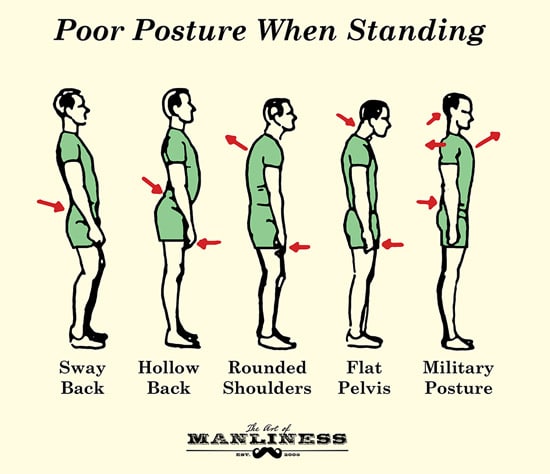
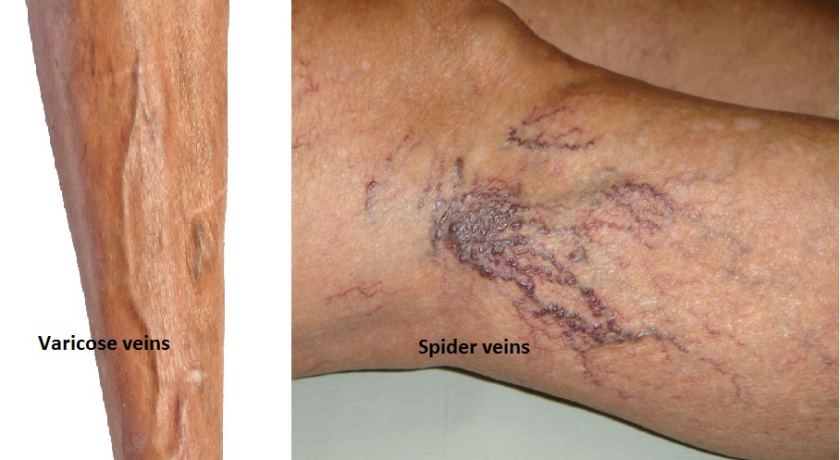
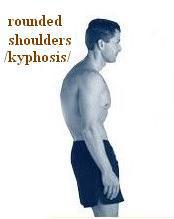
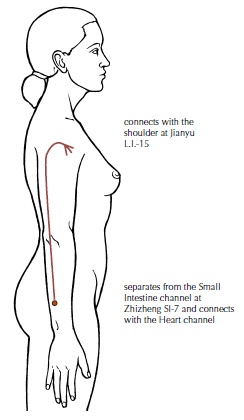
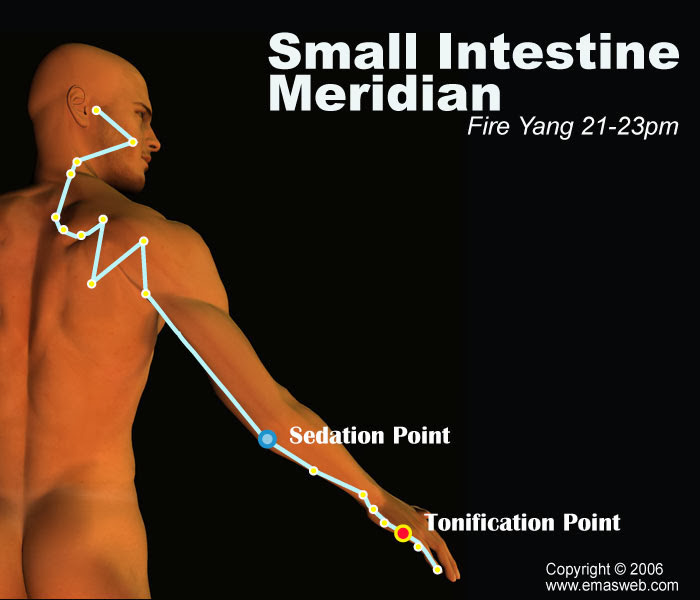
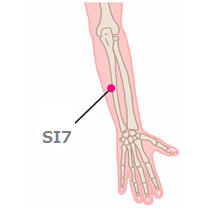
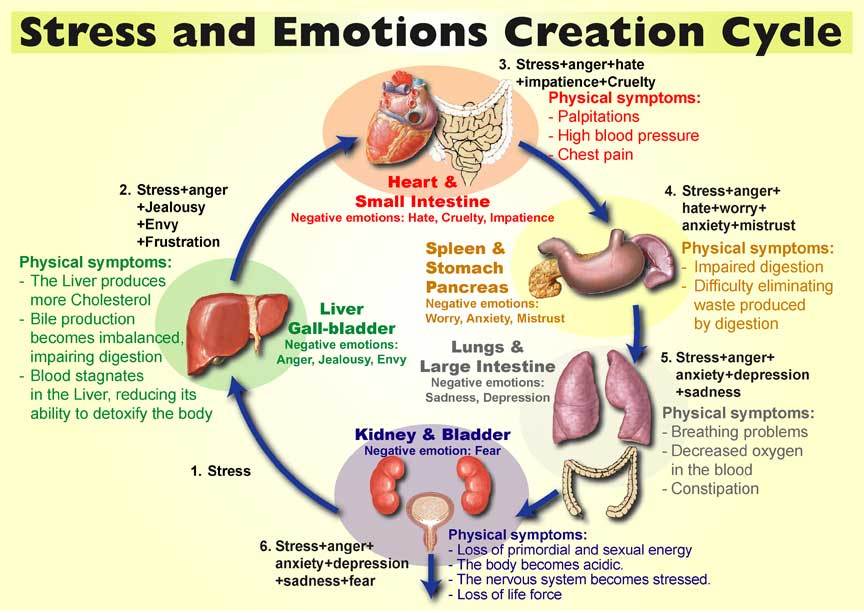
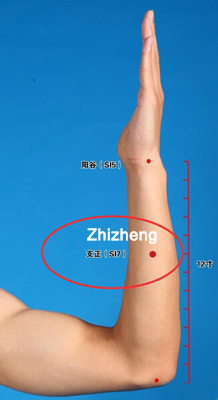
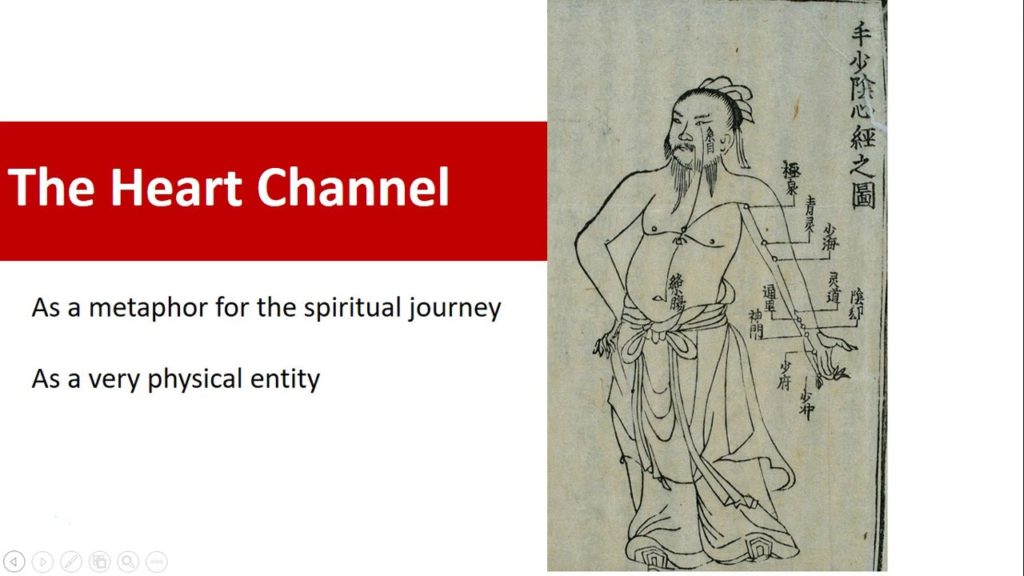
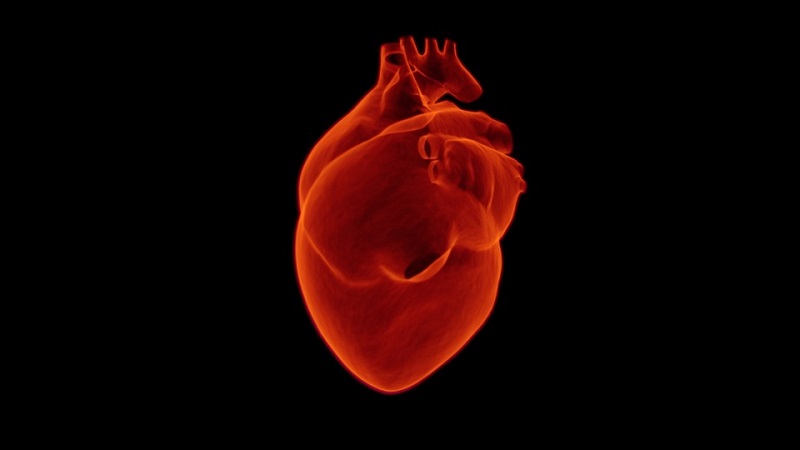



No Comments